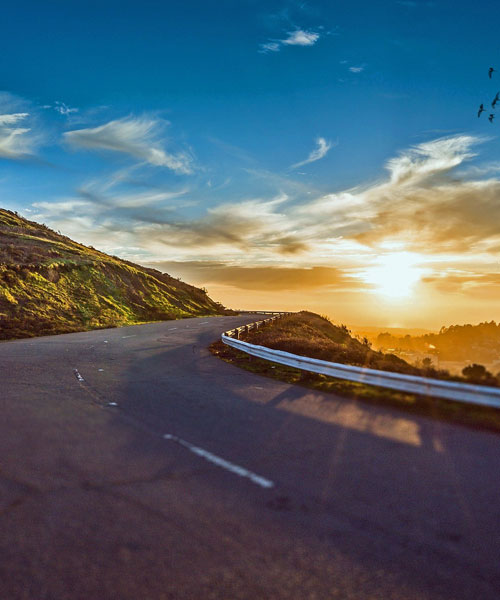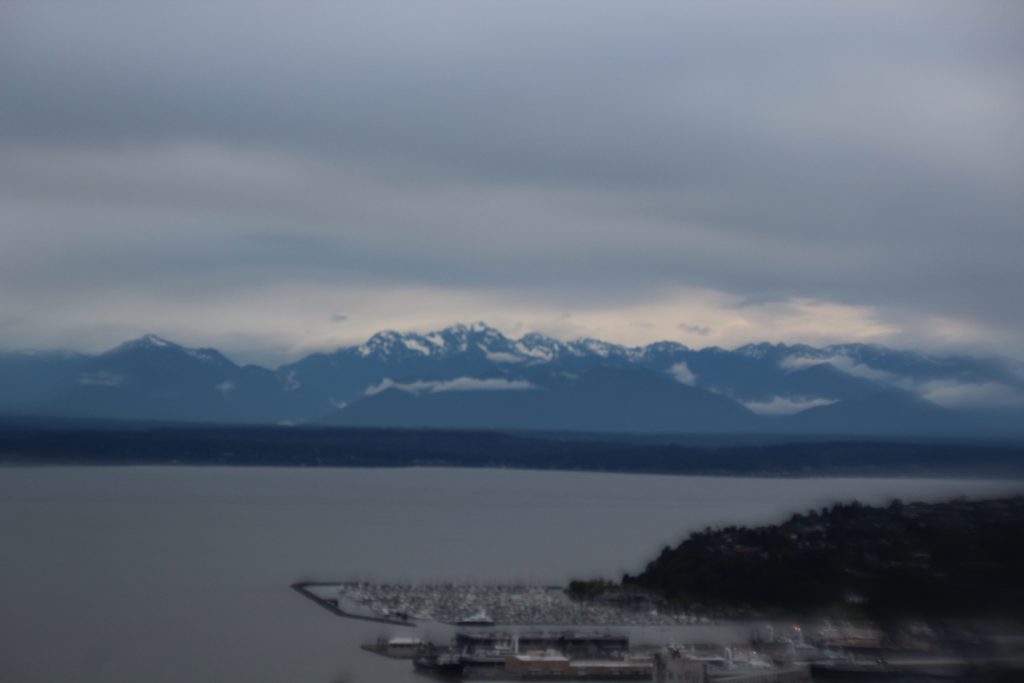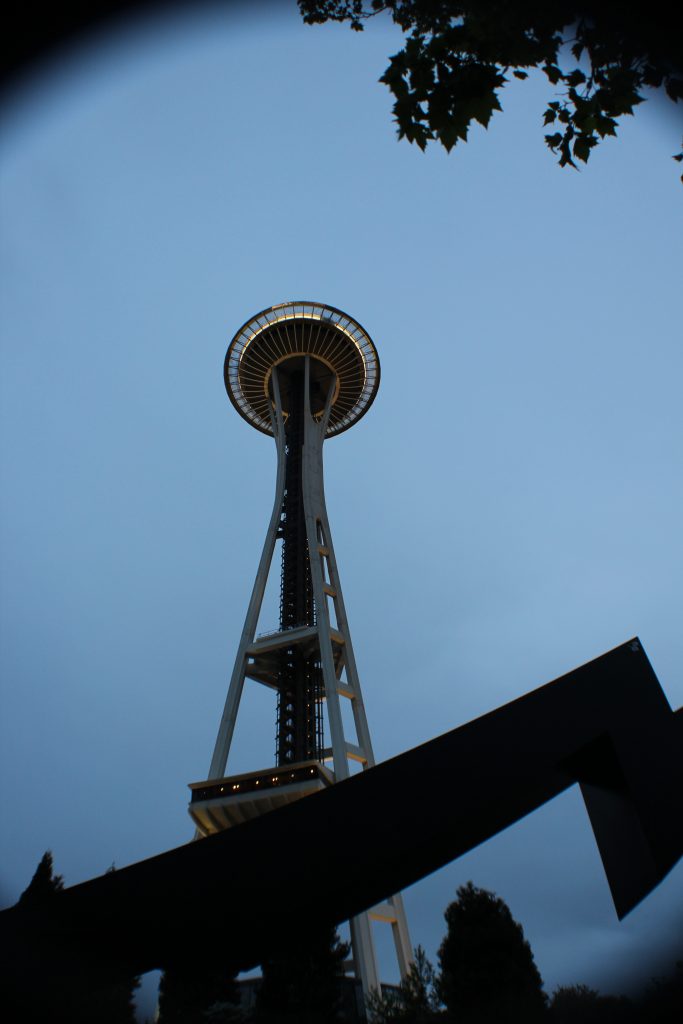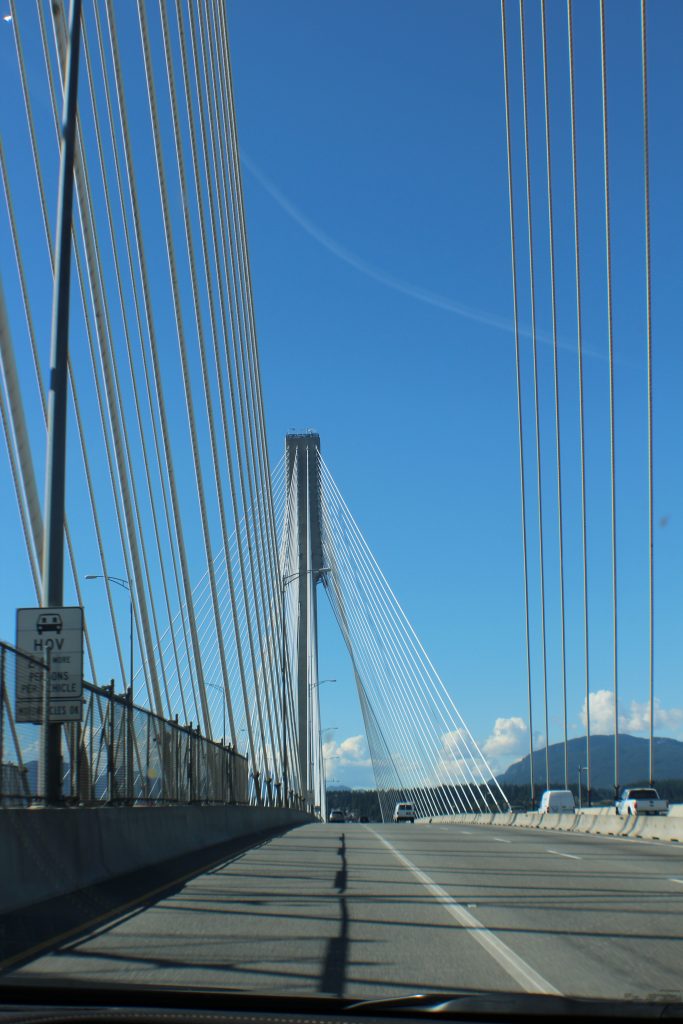No matter how divisive and polarized the world gets, there are some things that virtually anyone enjoys. If you ask a thousand people if they like music, most if not all of them will say they do. Of course, their tastes in music are dramatically different, and one man’s trash is another man’s Kanye West, but the general consensus is that they all enjoy hearing certain sounds played repetitively in a certain rhythm.

Why do we like music? We have no idea. The same goes for traveling. How many people do you know that don’t enjoy traveling for touristic purposes? Sure, there is much animosity toward the actual process, with long flights, crammed buses, or exhausting drives. Still, most people accept all that and save money for months just to go somewhere else for a week, voluntarily removing themselves from anything familiar to their ordinary day-to-day lives. But why?
Traveling for pleasure is not a new thing, with high-status Romans or Egyptians being known to travel within the boundaries of their empires, and modern tourism emerged in 17 and 18 century Britain when young noble people would travel throughout the rest of Europe to get a broader cultural understanding of the world. What makes things different today is the infinitely wider accessibility of travelling, with larger parts of the world enjoying the living conditions and infrastructure required for planning occasional trips to different places.

Another modern factor that favors travelling is easy access to information, so you have a clear picture of where you want to go, what you want to see, and who you want to meet. From a psychological perspective, people’s love of travel might be explained by the very nature of our species. Humans are a weird and interesting species. From the very beginning, humans have traveled to new places in search of lands and resources, driven by a mix of need and curiosity. If that weren’t so, we’d all still live in Africa, and it’s hot out there. So although our ancestors weren’t precisely travelling for fun, there may still be a little button inside our brains that gets pushed whenever we get to unknown places.

Returning to my music analogy earlier, travelling is a common trait that divides us, one person’s dream vacation being someone else’s nightmare. While routine keeps us physically and mentally healthy, a sudden escape from all that you would consider “routine” for a few weeks a year generally makes us happier, healthier, more creative, and more tolerant of other races and cultures. There are mountain hotels where everything inside – including the bed – is made of ice, and some people absolutely love them. Personally, I wouldn’t stay in one even if they paid me the hotel fare instead of the other way around. Other people hate the beach and don’t understand why a sane person would fry in the sun for hours while just lying there like a beached whale. But it’s exactly this diversity that makes the tourism business a booming industry all over the globe. Most countries have something to offer the traveller, like natural attractions, cities of modern or historical importance, and a million other things, from Disneyland to a tour of monasteries. There’s a bit of something for everyone, as long as you have the available time and funds. And it’s a Godsend for less economically developed countries, as people from rich countries tend to have the time as mentioned earlier and funds, and spend both of them in faraway lands.
– travellogue_chic
So grow roots, make friends, tie yourself down to a place, but remember that once in a while you need to get away from the world you’ve created for yourself, explore this huge planet of ours and see how we’re all so different, and so alike.

Of course, a harsh and hard reality to accept – that too much of anything is bad for you, and the same goes with travelling. Although our culture tends to glamorize extensive travelling, with so-called jet-setters being portrayed as having fabulous lives while moving from one city to the next, studies and empirical evidence have shown that reality is not like Instagram. Too much travelling leads to jet lag, is expensive, bad for your health, and the lack of routine and social stability affects you mentally in the long run. We’ve been travelling since we first got down from trees, and we’ll keep on travelling for as long as we exist on this planet and hopefully beyond that.

